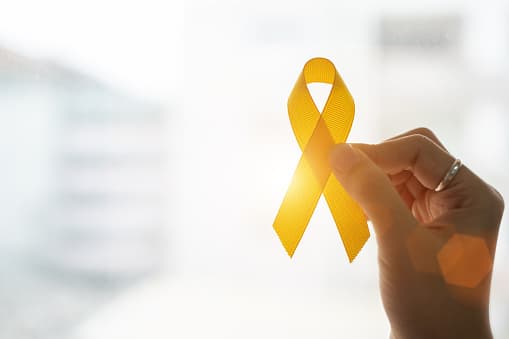
The second leading cause of death for people ages 10 to 34 in the United States is suicide. It’s a topic that a lot of people don’t like to talk about, but it’s something we need to face head-on.
September is National Suicide Prevention Awareness Month, which is a great opportunity to discuss the risk factors and warning signs of suicide and remind people there is help available.
Suicidal thoughts are a symptom and can be treated. Mental health professionals individualize treatment for each person who is experiencing suicidal thoughts. When someone is in a crisis, they tend to forget how loved they are, and that people need them in their lives. It’s also important to remember there is always hope. Things will get better.
The more we talk about suicide and mental health, the less stigma there will be.
If someone tells you they want to commit suicide, make sure you listen to them. You should call 911 or find another way to get the person to a hospital. Do not leave the person alone. Remind them how important they are to you and others.
If you or a loved one are ever in a suicidal, mental health or substance abuse crisis, just dial or text 988 on your phone. It can be lifesaving.
988 is available in most states, according to the Substance Abuse and Mental Health Services Administration. Crisis calls in Kentucky increased 22 percent between 2022, when Kentucky launched its 988 lifeline, and 2023, according to the Kentucky Lantern.
Risk factors of suicide:
- Alcohol and/or substance use
- History of trauma or abuse
- Job or financial loss
- Isolation
- Legal concerns
- Bullying
- Trouble at home
- History of anxiety and/or depression
Warning signs of suicide:
- Talking about wanting to die
- Researching ways to die
- Talking about feeling hopeless
- Increased use of alcohol or drugs
- Withdrawal from friends and family
- Giving away personal possessions
- Increasing risky behavior
You can also call Peace Hospital’s Assessment and Referral Center offers no-charge assessments at 502-451-3333 or 800-451-3637.
Contact the 24-Hour Crisis and Information Center Line at 502-589-4313 or 800-221-0446.









